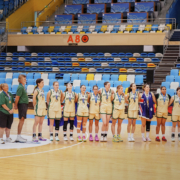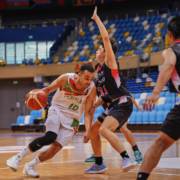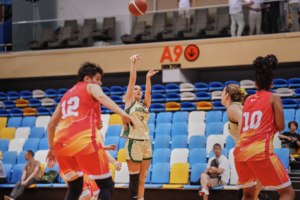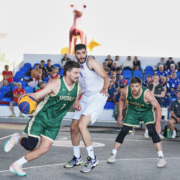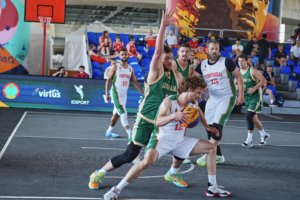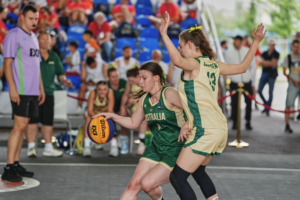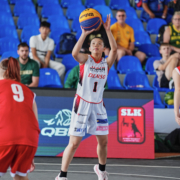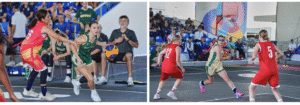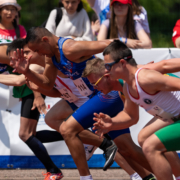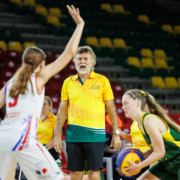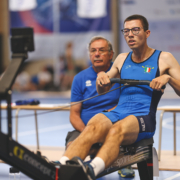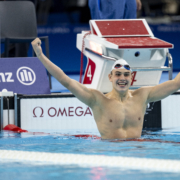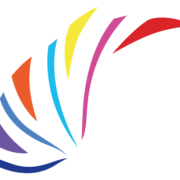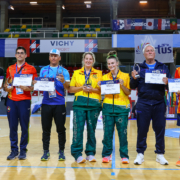Australia Wins Women’s 5×5 Basketball Gold in Astana
The women’s 5×5 basketball competition at the 2025 VIBF World Basketball Championships wrapped up in Astana, Kazakhstan, with Australia winning the gold medal after three well-played matches against a developing Spanish team.
The Australian Pearls, known for their strong team culture and experience, secured the series with scores of 100–21, 107–24, and 84–19. While the results show a clear win, both teams gained something meaningful from the tournament—experience, growth and pride in representing their countries.
Every Player Contributed
The Australian team worked hard across the tournament and showed why they are considered one of the strongest women’s programs in the world. Their teamwork, communication and preparation paid off. Each athlete played their part on and off the court.
Brittany Anderson, from New South Wales, was awarded Most Valuable Player (MVP) of the women’s competition.
“I feel really privileged to get that award. It means a lot to me.” Brittany said.
Team member Taylor Anderson also added:
“We’d like to thank everyone back in Victoria who supported us—our coaches, families, friends, and the Pearls community.”
A First-Time Experience for Some
For Jayne Brownlee, it was extra special—she was the only player from South Australia.
“Practice, work hard and you’ll get there. I had a lot of people help me train. Especially my mum. This medal is for everyone who supported me.”
“We wanted to finish the tournament strong, and we did. Everyone got minutes, shared the ball, and played for each other. It was a true team game.”
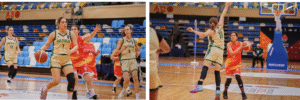
Australian and Spanish players in action at the gold medal match. Photo Credit: IDSport
Spain’s Return Inspires All
Team Spain’s return to women’s competition was one of the tournament’s most uplifting stories. After several years away from international play, Spain arrived ready to learn, grow, and represent.
“It was great to see the whole Spanish team—including staff—embrace every learning opportunity. This tournament wasn’t just about games. For many of them, it was their first time overseas. In Astana—a foreign place—they got to see and enjoy the world because of basketball”, said Barry Holman, VIBF Committee Member.
“They played with heart and improved every match. More importantly, they learned what it means to represent their country with professionalism, pride and resilience”, he further added.
The Australian coaching team echoed this:
“Spain improved with every game. It’s the beginning of something meaningful. We’re already in talks about how we can help support the growth of their program going forward.”
Decades of Progress, and a Future of Possibility
Team Australia’s women’s program is now a global benchmark—but that success didn’t happen overnight.
“We’ve had three decades of building this. We remember when we had to fight for opportunities. Now we’re a model for others—not because of medals, but because of our commitment to the athletes,” a team official told Virtus.
“This has been one of the best tournaments we’ve ever attended. The organising committee, the hospitality, the local support—it’s been exceptional.”
And their message to other countries just starting their women’s programs?
“Stick with it. It won’t always be easy. But these athletes gain more than medals—they gain confidence, independence, and a chance to explore the world. It changes lives.”
A Movement in Motion
The 2025 Women’s 5×5 Championships weren’t just a victory for Australia—they were a victory for the global movement for inclusion through basketball. Every match played was a story of resilience, sisterhood, and empowerment. The future of women’s basketball in Virtus is no longer just an ambition—it’s a reality in action.
Up Next: Men’s 5×5 Finals – Saturday, 21 June
Bronze Medal Match – 10:00 AM
Gold Medal Match – 12:15 PM
Watch live and be part of the next chapter in inclusive sport.

